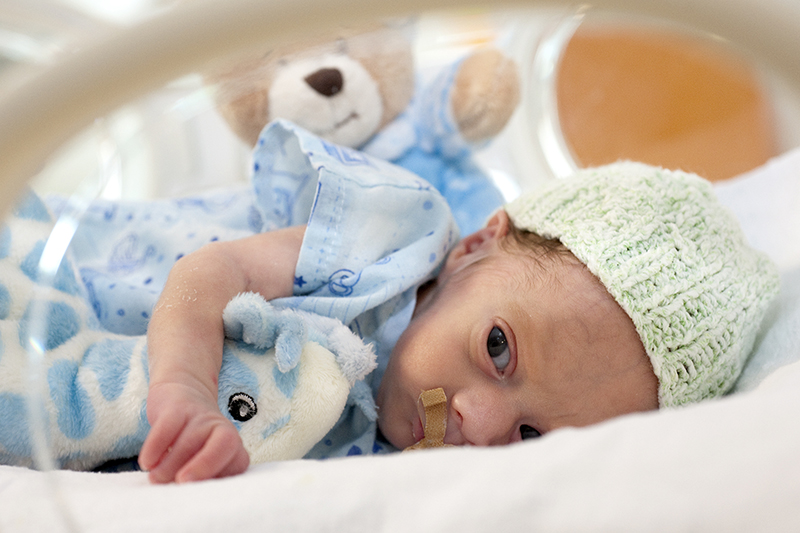Search
Definitions of sexting vary but there is a general consensus that it involves ‘sexually explicit content communicated via text messages, smartphones, or visual and activities such as social networking sites’.
Parents and carers are often asking how to help manage screen time and especially avoiding 'techno tantrums' when asking children to stop using devices.
When you give to The Kids, you become a partner in our work. We couldn't do any of our research without the support of people and places like you.

Workplace Giving to The Kids Research Institute Australia is a fantastic way to engage staff and contribute towards ensuring all kids have a happy healthy childhood.

The Supporting Training of Aboriginal Researchers Staff program (STARS) is a diverse program with flexible awards to equip the next generation of Aboriginal leaders in our community.

Your presence connects brilliant minds with the support they need to fuel bold ideas.

An interventional birth cohort researching ways to optimise health and identify conditions that enable every child to flourish from an early age.

News & Events
Nature Play & Grow - based on science but promoting playA pilot program, teaching families how to 'play' in nature, has been shown to be effective in helping families unlock the mental and physical health benefits of connecting with nature and community through outdoor play, easily, and locally.

News & Events
ORIGINS 5000 Families ReportORIGINS released a milestone document this week, celebrating our families.
